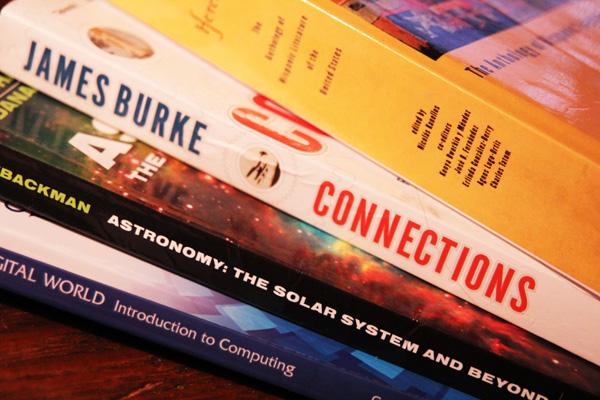 The university’s current general education program shares similarities with other universities’ general education programs, Director of General Education Paulette Marty said. But, each institution’s course has slightly different goals, content and structure.
The university’s current general education program shares similarities with other universities’ general education programs, Director of General Education Paulette Marty said. But, each institution’s course has slightly different goals, content and structure.
“Ours is the only curriculum I know of in which students choose four different themes,” Marty said.
The general education program was designed over a two and a half year period by a task force of over 20 faculty and staff from the university, Marty said. Research was done and feedback from campus was considered as a curriculum fitting with Appalachian’s identity and mission was determined, Marty said.
The four general education learning goals are: thinking critically and creatively, communicating effectively, making local to global connections, and understanding responsibilities of community membership, Marty said.
“One of the most important skills [needed] to succeed in 21st-century careers is the ability to integrate information from a variety of different perspectives and integrate a variety of different methods and approaches when…solving problems or developing innovative ideas,” Marty said.
First year seminar and the perspectives themes are designed to help students develop the intellectual habit of seeking out diverse perspectives on an issue or problem, Marty said.
This approach to learning is called liberal education, with liberal meaning “free, unrestricted,” Marty said. A liberal education is designed to introduce students with new ways of understanding and interacting with the world so they can think more freely and develop their abilities to their fullest potential, she said.
“I think it’s lame,” Chris Jenkin, sophomore business major, said. “It’s like an extended version of high school.”
“You relearn the same played-out concepts that you’ve been learning your whole life,” Jenkin said. “I’m forced to take classes that I don’t want to learn about or that I’m not interested in.”
College does more than train for you a career, Marty said.
“It helps you develop intellectual skills that will enhance your professional, civic, and personal life for years to come,” Marty said. “In a university, you learn how to analyze the world around you from different perspectives, how to communicate your ideas and understand the ideas of others, how to solve problems, and how to apply your knowledge to real-world projects. Employers repeatedly tell us that they value these skills in employees as much as or more than skills specific to their field.”
The university’s current general education curriculum was implemented in Fall 2009. Appalachian is currently working on drafting a new general education program.
By: LINDSAY BOOKOUT, News Reporter
Photo Illustration: PAUL HECKERT, Senior Photographer

